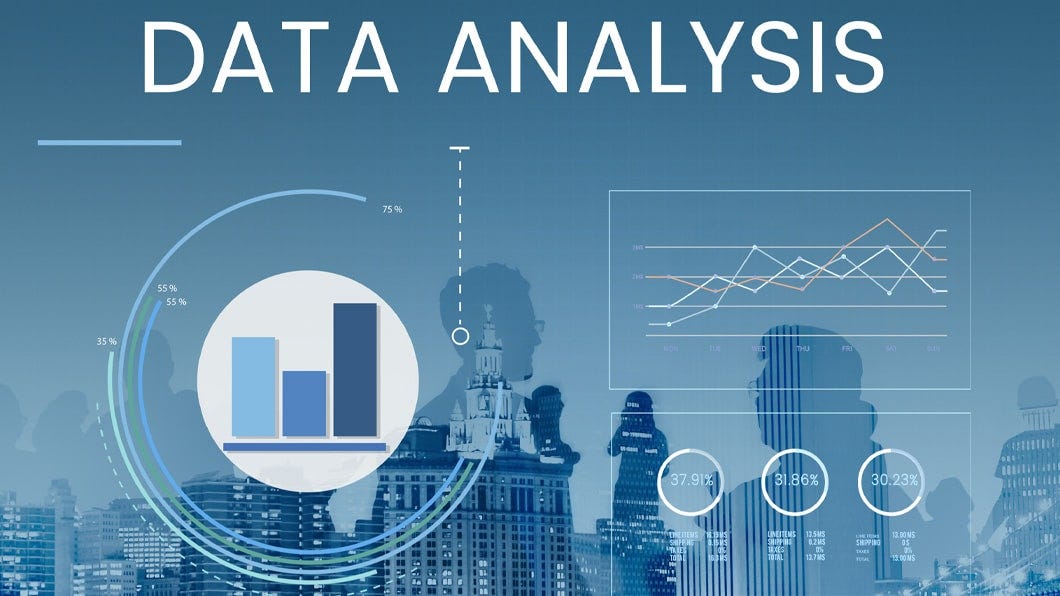Big Data Analytics: Revolutionizing Decision-Making in the Digital Age
In the digital age, the proliferation of data has reached unprecedented levels. The sheer volume, velocity, and variety of data generated daily have given rise to what is commonly known as big data. Big data analytics, the process of examining large and complex data sets, has emerged as a transformative force, revolutionizing decision-making across various sectors.
Big data analytics is not merely about handling massive volumes of data; it’s about extracting meaningful insights from this data to drive informed decision-making. Traditional data processing tools and techniques are often inadequate for handling big data due to its scale and complexity. Big data analytics leverages advanced algorithms, statistical models, and machine learning to process and analyze this data swiftly and efficiently.
One of the significant advantages of big data analytics is its ability to uncover hidden patterns and trends within vast datasets. Businesses can analyze customer behavior, market trends, and operational processes on an unprecedented scale. For example, a retail giant can analyze purchasing patterns across millions of transactions to optimize inventory management, ensuring products are in stock when and where they are needed. This not only enhances customer satisfaction but also reduces costs associated with overstocking or understocking.
Moreover, big data analytics enables real-time analysis, allowing businesses to respond swiftly to changing market dynamics. In the era of social media and instant communication, public sentiment can sway rapidly. Big data analytics tools can monitor social media platforms, news outlets, and online forums to gauge public opinions about products, services, or brand reputation. This real-time feedback loop enables businesses to adapt their strategies promptly, addressing concerns and capitalizing on positive feedback before it loses relevance.
In addition to customer-centric applications, big data analytics has transformed industries like healthcare and finance. In healthcare, big data analytics is utilized to analyze patient records, identify disease patterns, and optimize treatment plans. This data-driven approach not only enhances patient outcomes but also reduces healthcare costs. Similarly, in the financial sector, big data analytics is employed for fraud detection, algorithmic trading, and customer credit scoring. By analyzing large volumes of transactional data in real-time, financial institutions can detect fraudulent activities and make split-second trading decisions, ensuring optimal returns on investments.
Furthermore, big data analytics plays a pivotal role in predictive modeling and forecasting. Weather agencies can analyze vast datasets to predict weather patterns accurately, helping communities prepare for natural disasters. Similarly, businesses can use predictive analytics to forecast sales trends, demand for products, and even anticipate customer preferences. This foresight enables organizations to adjust their strategies proactively, ensuring they are well-positioned to meet market demands.
In conclusion, big data analytics has ushered in a new era of data-driven decision-making. By harnessing the power of big data, businesses and organizations can gain valuable insights, enhance operational efficiency, improve customer experiences, and innovate in ways that were previously unimaginable. As technology continues to advance, the role of big data analytics in shaping the future of various industries is set to become even more significant, solidifying its position as a cornerstone of the digital revolution.
